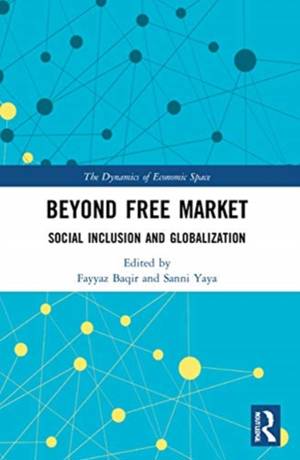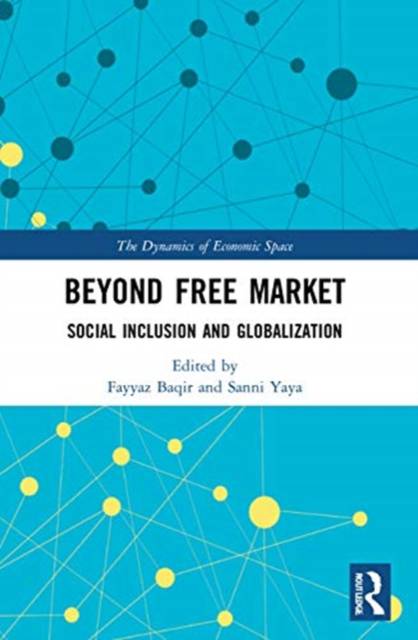
- Retrait gratuit dans votre magasin Club
- 7.000.000 titres dans notre catalogue
- Payer en toute sécurité
- Toujours un magasin près de chez vous
- Retrait gratuit dans votre magasin Club
- 7.000.0000 titres dans notre catalogue
- Payer en toute sécurité
- Toujours un magasin près de chez vous
Beyond Free Market
Social Inclusion and Globalization
Description
This book explores the causes and consequences of market failure in bridging societal differences to create a shared economy. It questions the current world order and evaluates socio-economic gains in reference to the social origins of the economic agents.
With a need to counterbalance economic growth with social equality and environmental sustainability, the book proposes innovative approaches to address key questions on the contemporary global economy such as, "Is the Global socio-economic order supportive of the pursuit of rational and enlightened self -interest?", "Is it a unipolar power centre and neoliberal economic policy regime?", "Can the system reinvent itself?", etc. One approach encourages going back to the golden past and making things "great again", insisting that history has ended and the failures of old global institutions be blamed on the "Clash of Civilizations". Another approach advocates giving up the intellectual comfort zone of elegant but irrelevant neo-liberal explanations of global challenges and asking new questions that take academic debate to the public square. The book examines the internal challenges and contradictions that cause disintegration and proposes alternative ideas and practices in moving the global community beyond the free market regime.
The book will appeal to students and academics of development studies, political economy, political science, sociology, as well as policymakers and public opinion makers interested in creating a new egalitarian global society.
Spécifications
Parties prenantes
- Editeur:
Contenu
- Nombre de pages :
- 246
- Langue:
- Anglais
- Collection :
Caractéristiques
- EAN:
- 9780367553333
- Date de parution :
- 19-05-21
- Format:
- Livre broché
- Format numérique:
- Trade paperback (VS)
- Dimensions :
- 155 mm x 234 mm
- Poids :
- 362 g

Les avis
Nous publions uniquement les avis qui respectent les conditions requises. Consultez nos conditions pour les avis.





